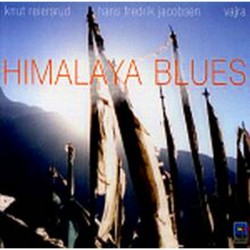



Polityka prywatności

Zasady dostawy

Zasady reklamacji
Opis